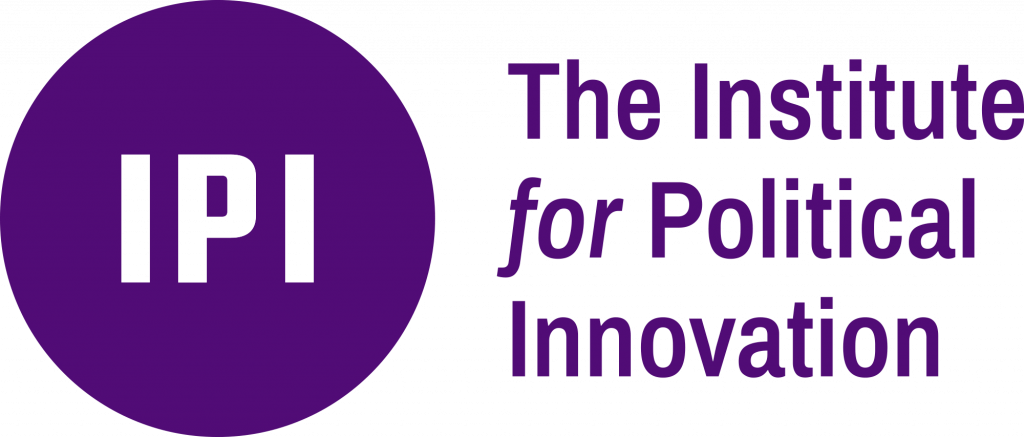Pennsylvania, Florida, Arizona. Three states in which the race to wrest or retain control of the White House is, once again, feverishly playing out. Key supporters and surrogates from both sides of America’s political duopoly—the Republicans and the Democrats—have spent every waking hour until Election Day convincing voters in these “swing states” that the future of their party rides on their vote.
Alaska. One state that has voted the same way in presidential elections for nearly 60 years. But for those of us in the nonpartisan political innovation community, Alaska is the other swing state this November, and not because of the candidates, but because of one, yes-or-no question on the ballot.
The answer that question is, absolutely and for the future of our republic, Yes.
By voting yes on Alaska Ballot Measure 2, citizens of the Land of The Midnight Sun will make their state the first in the Union to have a modern, model, nonpartisan election system, called “Final-Four Voting.”
I’ve spent most of the last seven years researching, analyzing, discussing, and writing about the fundamentals behind and around this election system. I’ve published reports and a book about it with Harvard Business School professor Michael E. Porter, a Republican who is often considered the father of competition thinking in business.
Final-Four Voting will change how Alaskans vote in two ways:
First, it rips control of primary elections away from the parties—both of them—and allows up to four candidates from any party to proceed to the general election. Why does this matter? Because in 80% of America’s races for Congress, the winners are decided in the primaries, which have become lame, low-turnout contests dominated by party gatekeepers. This means that 80% of our votes in general elections do not matter.
Second, it gives the voters the power to rank candidates in order of preference on the general election ballot. Why does this matter? Because the current system allows candidates to win without a majority; that is, in a race with three candidates, you only need 34% of the vote to win. By ranking candidates, we ensure the winner has majority support and a mandate to solve problems. Most importantly, it makes sure votes aren’t “wasted,” and candidates can’t “spoil” the election—two ridiculous byproducts of the current system that make sure no matter how dissatisfied you are, you’ll never receive another candidate.
Now, to the snake-oil-selling, self-interested opposition that’s working so hard to protect the outdated and perverted system they’ve been fine-tuning for years to keep themselves in power:
The opposition says Final-Four is complicated… but it isn’t. It’s so easy, in fact, that Americans across the country, in blue states and red states, use the same approaches every single day of their life in nearly everything they do. In our free marketplace, which is built around healthy competition, we get to choose from an ever-changing suite of options where to shop, what to buy, where to eat, etc. More often than not we rank our options based on preference. Take the automotive industry:
Let’s say, like many Americans these days, you’ve decided to buy an SUV. From there you’ll consider brand, price, fuel efficiency, safety features, etc., and make your choice. Top automakers like Ford, Chevrolet, and Toyota, are taking notes because the forces of healthy competition require them to keep pace with customer needs in order to stay in the game—and prevent a new competitor from taking their market share.
In the free marketplace, if we don’t like our options, or if a product goes bad, we can expect new options—or even create them ourselves. But not in politics, where pre-selected elections that force us to pick the lesser of two evils are, more often than not, as good as it gets (and, again, 80% of the time your vote doesn’t even matter.)
The opposition also says Final-Four is a break from tradition… and it is. A break from a bad tradition that has doomed our democracy to gridlock, hyper-partisanship, and an utter lack of results from our elected officials the likes of which we haven’t suffered in more than a hundred years.
The opposition says a lot of things about Final-Four Voting because, for many of them, their survival depends on maintaining the status quo—it depends on unhealthy competition, which ensures no one else can enter the market no matter what they do. It depends on partisanship.
But this is not a partisan issue.
We deserve more and better and responsive options at the ballot box in the same way we deserve more and better and responsive options at the car dealership.
Today, Alaska has the opportunity to make their elections better and our democracy healthier. They can swing the country toward innovation, accountability, and results—what I call “free-market politics”—and start a wave of political change the likes of which we haven’t seen for more than 100 years. I’ll be watching closely.
Final-Four Voting is as patriotic as it gets.
If anyone tells you differently, they are lying to you.

